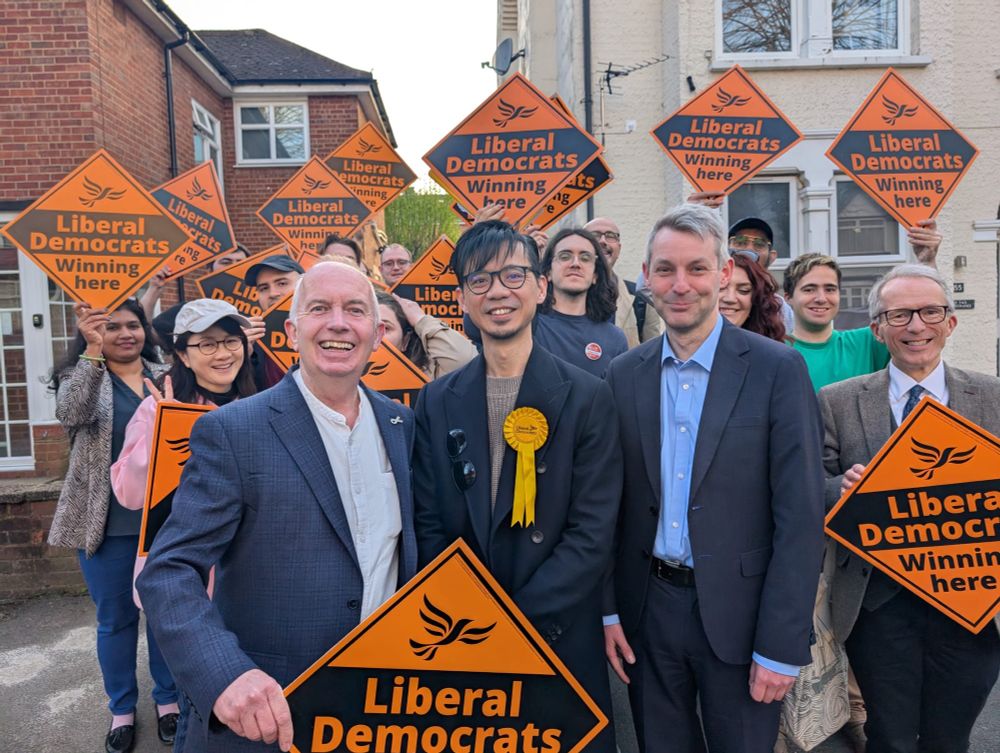As the Hong Kong government faces escalating fiscal difficulties, the pressure on citizens’ daily lives is also growing. Against this backdrop, the government’s annual expenditure of £2.4 million on promoting the Constitution and Basic Law has sparked widespread discussion and criticism. Many citizens believe that in such an economic climate, these funds should be prioritised for more urgent public needs, rather than being used for political promotion.
A Misguided Choice Amidst Fiscal Hardship
The Hong Kong Special Administrative Region (HKSAR) government is facing unprecedented fiscal deficits, and the government needs to adjust resource allocation to address the growing demands of the public. At the same time, the recent proposal by the Food and Health Bureau to increase emergency room fees and the impending reduction in personal tax exemptions are set to further burden citizens financially. In this situation, whether it is appropriate to continue spending £2.4 million on promoting the Constitution and Basic Law has become a key point of contention.
These promotional activities primarily consist of lectures, advertisements, and educational materials aimed at enhancing public understanding of the Constitution and Basic Law. However, with rising medical costs and tax exemptions being reduced, many citizens are dissatisfied with the government’s choice to allocate funds to these promotional efforts. They argue that the government should focus more resources on addressing issues that directly impact people’s livelihoods, especially in healthcare and tax policies.
Public Concerns and Discontent
The public has expressed strong opposition to the proposed increase in emergency room fees. Given that medical expenses are already high, this reform will undoubtedly place an even greater financial burden on citizens. Moreover, with the reduction in personal tax exemptions, more middle- and low-income families will feel additional financial pressure. One citizen, Mr. Cheung, said: “The taxes we pay should be used to improve our lives, not to fund these symbolic promotional activities. If the government spent the money improving healthcare services or social welfare, citizens would see tangible benefits.”
How Should the Government Respond?
Although the government insists that these promotional activities contribute to strengthening the rule of law and maintaining social stability, in the current fiscal situation, the question of whether this expenditure is justified is undeniable. Citizens are increasingly doubtful about whether the government can allocate its limited resources to improve their daily lives. Particularly in times of fiscal difficulty and social instability, the government must reconsider how it distributes resources, placing more focus on addressing the most urgent needs of the public.
Conclusion: Prioritising Public Needs
In the face of fiscal challenges, the Hong Kong government must make difficult choices. Instead of spending £2.4 million annually on promoting the Constitution and Basic Law, the government should direct more resources to address the issues that matter most to citizens—such as rising healthcare costs, reduced tax exemptions, and housing problems. If these pressing concerns are not addressed first, any promotional activities will struggle to gain public support and may only deepen dissatisfaction with the government.




